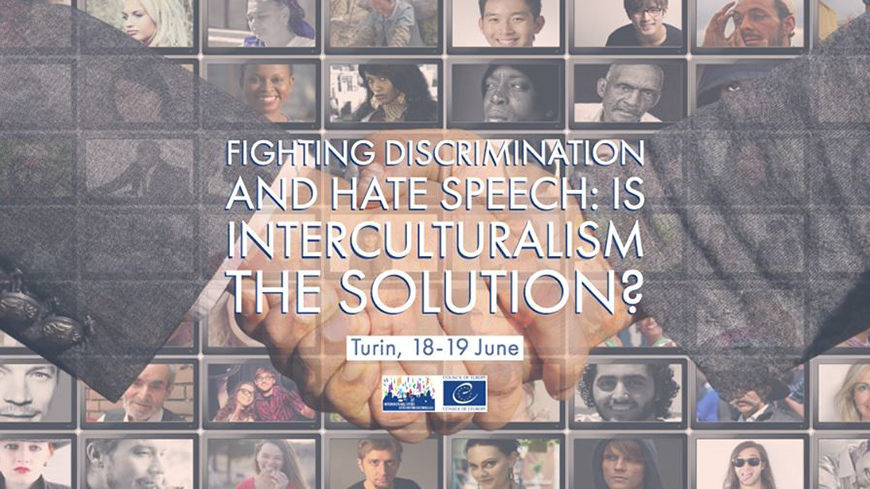Effective inclusive integration strategies clearly prevent discrimination and hate speech by highlighting the diversity advantage, fostering mixing and interaction between people from different backgrounds, creating a sense of pluralistic identity, promoting participation and power-sharing, busting stereotypes, reinforcing a sense of belonging in an inclusive and diverse community, and fostering intercultural competence. However, the nexus between interculturalism and anti-discrimination or anti-hate speech is not always sufficiently explored, emphasised or, consequently, exploited.
To fill this gap and encourage more inter-departmental work and cooperation at local, regional national and international levels in this field, the ICC programme devoted its yearly thematic seminar in 2019 to exploring the added value of an intercultural approach in the prevention of discrimination and hate speech. The aim was to reinforce traditional or existing legal and administrative anti-discrimination instruments by combining them with Intercultural Cities’ proactive processes of education and exchange leading to attitudinal and behavioural change.
The morning of first day involved talks, presentation of best practices and case-studies, and discussions to inform and inspire participants. There were two interactive and dynamic panel discussions lead by moderators. The first showcased pilot practices and creative thoughts to set the scene and included examples from Spain, the Russian Federation, Italy, and Portugal. The second panel focused on story-telling and inspirational stories from cities including Turin (Italy), Haifa (Israel), Bergen (Norway) and Mexico City (Mexico).
Work further developed around six themes that were dealt with transversally, namely:
a) How can Artificial Intelligence prevent and combat discrimination, hate speech and crime?
b) Decolonising culture against racism and discrimination: how to make cities’ cultural institutions and events more inclusive?
c) Police as a driver of inclusion: how to fight hate speech, hate crime and discrimination from a safety and care perspective?
d) Minorities within minorities: sexual orientation, ethnicity and belief. How to break divides for the full inclusion of LGBTi communities.
e) Stronger together! How can local authorities develop a common language and promote multilateral cooperation against discrimination?
f) Changing institutional culture: how can cities mainstream a culture of equal opportunities and anti-discrimination through a non-biased intercultural lens.
The Working Groups aimed to harness the collective wisdom of participants to go beyond recommendations and agree on actions that cities and local authorities can take to promote participation in inclusive societies. The programme of the event further included field visits to different neighbourhoods of Turin, to inspire participants and showcase projects and programmes that worked on gender, sexual orientation and intersectionality; interfaith dialogue; and urban regeneration.




